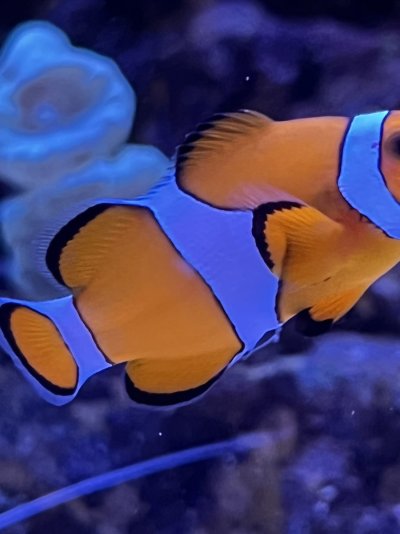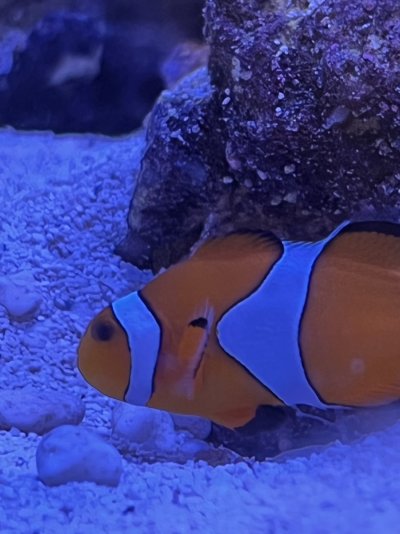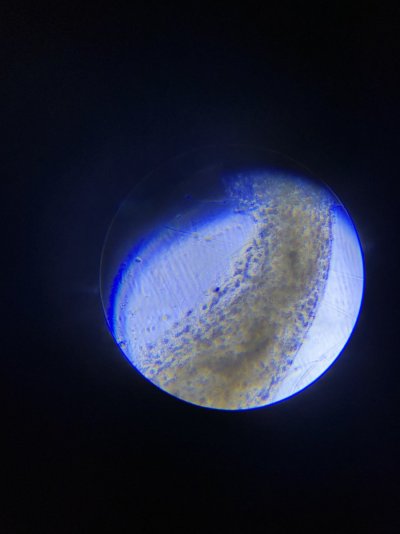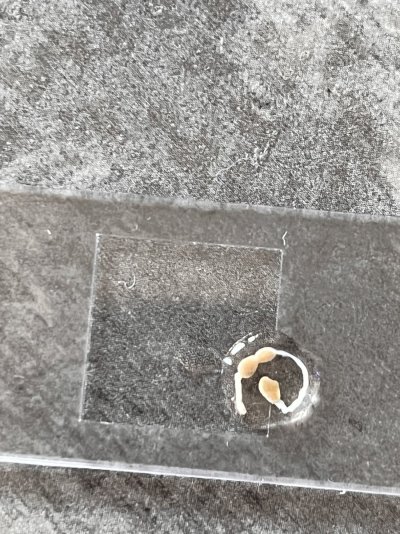Hi All,
since 3 or 4 days one of my clownfish won’t eat and only swims/lays on the bottom. I noticed that he lost some weight and he won’t eat. The other clown does eat but doesn’t “look” all that healthy. I manage to capture them and put them in my quarantaine system. I figured it’s most likely an intestinal parasite of some kind. I’m gonna start treating them with eSHa NDX since that’s the best that is available on the EU market. However, I’m kinda worried about my other fish and don’t have a big enough quarantine system to house/treat them all. How big is the change that they also got the parasite?
Thanks!


since 3 or 4 days one of my clownfish won’t eat and only swims/lays on the bottom. I noticed that he lost some weight and he won’t eat. The other clown does eat but doesn’t “look” all that healthy. I manage to capture them and put them in my quarantaine system. I figured it’s most likely an intestinal parasite of some kind. I’m gonna start treating them with eSHa NDX since that’s the best that is available on the EU market. However, I’m kinda worried about my other fish and don’t have a big enough quarantine system to house/treat them all. How big is the change that they also got the parasite?
Thanks!























